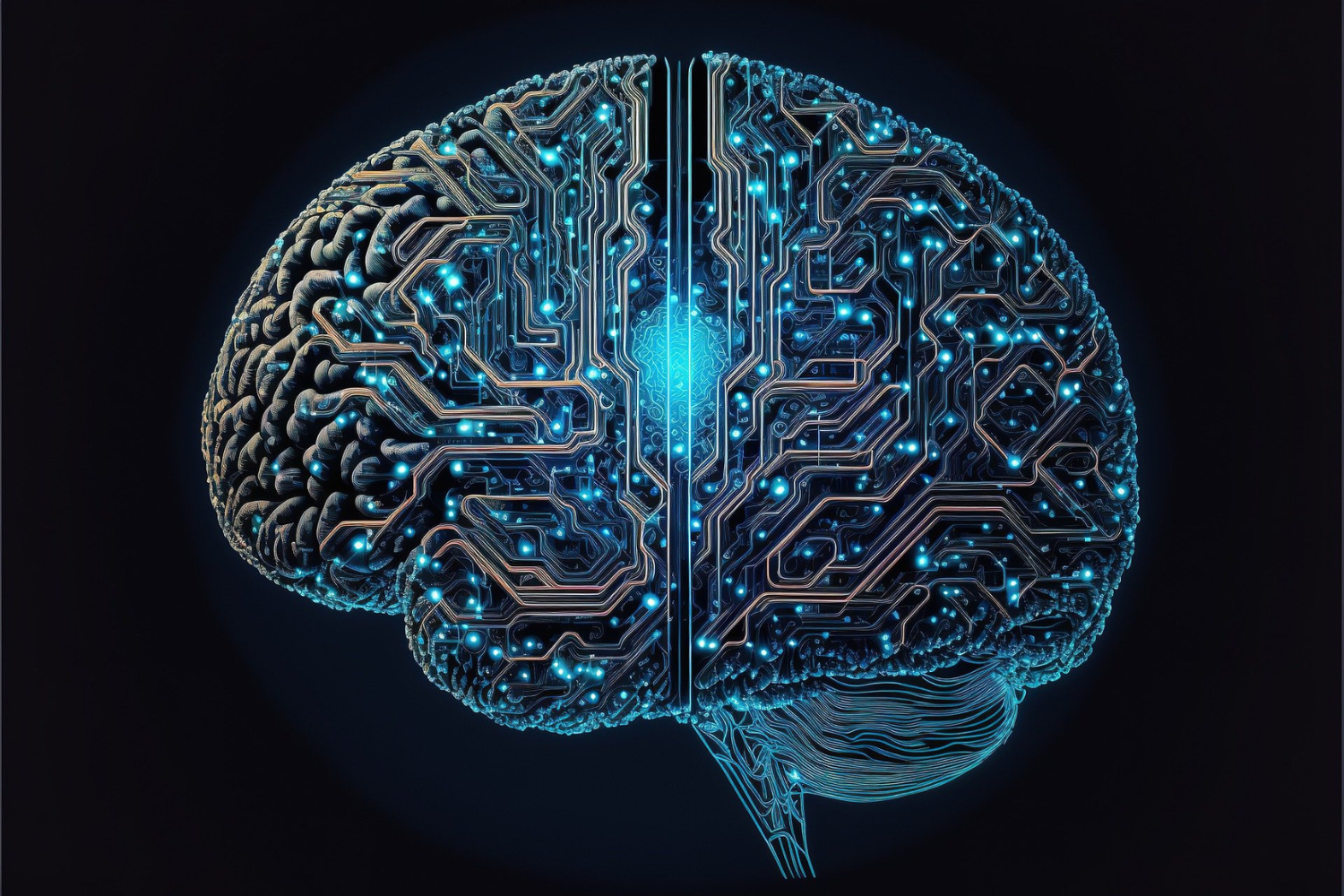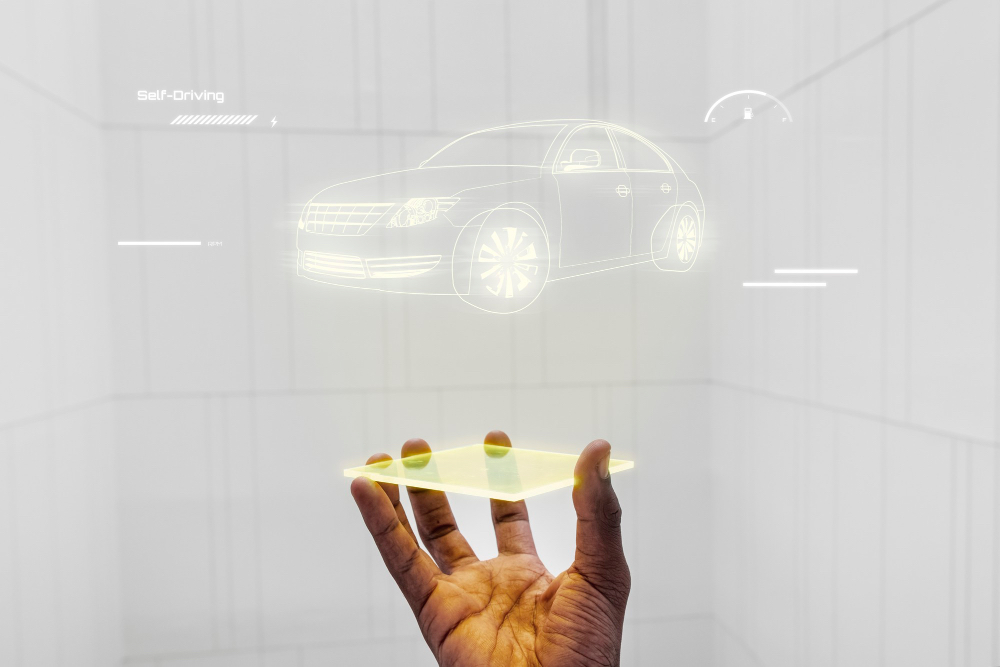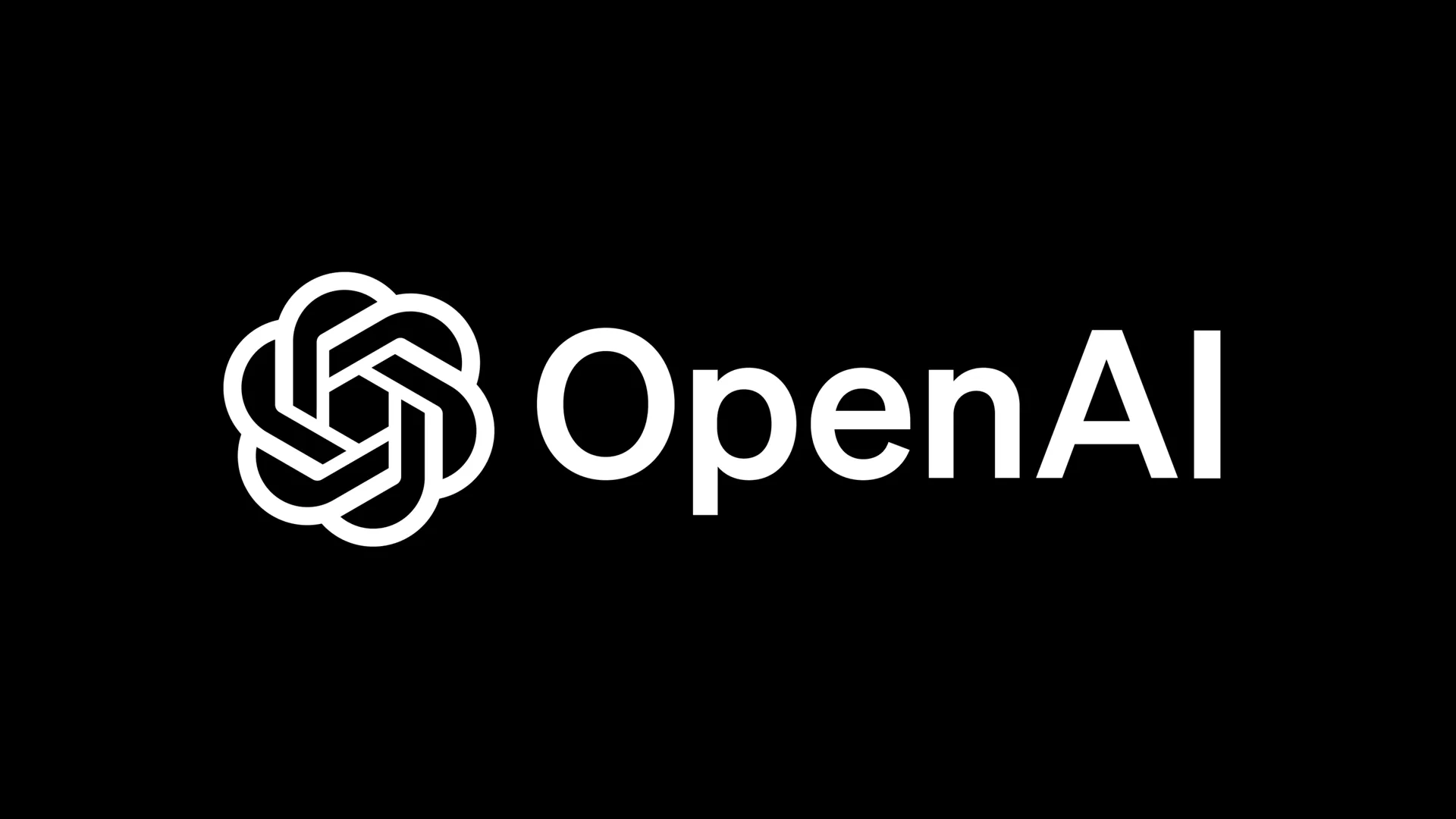Researchers are testing if autonomous AI at FQHCs can boost diabetic retinopathy detection, accelerate diagnosis, and improve referral follow-through. The JAMA-published trial targets patients missing DR screening for 11 months, using FDA-cleared AI to analyse fundus photos during routine visits.
Immediate results allow same-day action, potentially reducing missed referrals for patients facing time, travel, and cost barriers.
The randomised, open-label trial at two San Diego County clinics compares point-of-care AI-DRS to usual-care referrals. Nonmydriatic fundus images are captured by trained staff, analysed by the AI algorithm, and results flow into the electronic health record (EHR).
Positive cases trigger immediate retina appointments, while ungradable images prompt urgent ophthalmology referrals. Outcomes at 90 and 180 days include screening completion, DR stage at detection, referral adherence, and patient-reported knowledge, attitudes, and self-efficacy.
The AI-DRS has demonstrated high accuracy in prior studies, detecting more-than-mild and vision-threatening DR with sensitivities above 96%. Workflow integration aims to cut diagnostic delays, using closed-loop referrals and ICD-10 coding for consistent documentation and population health tracking.
The study also evaluates implementation metrics such as image quality, acquisition success, and patient trust in AI-supported care.
If successful, the model could help clinics meet screening targets and streamline workflows for primary care providers. The protocol focuses on training, quality checks, and real-world use, providing a scalable way to prevent avoidable vision loss in underserved communities.
Would you like to learn more about AI, tech and digital diplomacy? If so, ask our Diplo chatbot!










